Publications
Articles, publications, books, tools and multimedia features from the U.S. Institute of Peace provide the latest news, analysis, research findings, practitioner guides and reports, all related to the conflict zones and issues that are at the center of the Institute’s work to prevent and reduce violent conflict.
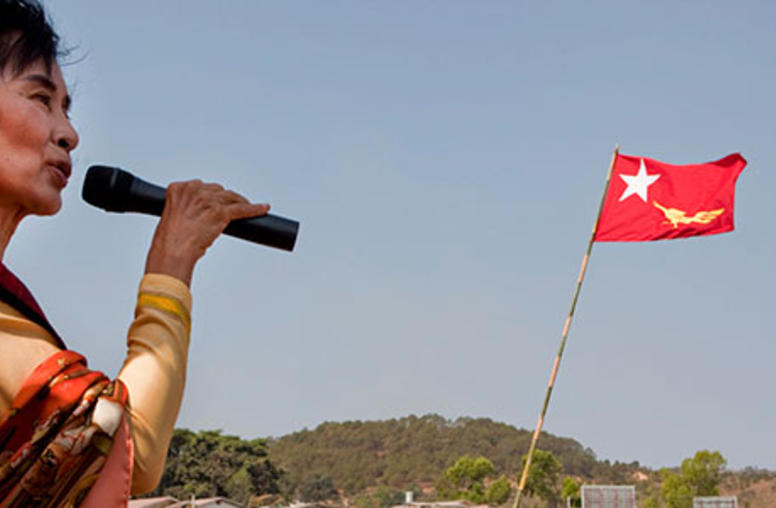
Q&A: Myanmar/Burma’s 2015 Elections
Cascades of violent conflict in Syria, Iraq, South Sudan, Ukraine and elsewhere convulsed 2014, raising anxiety about how the world will fare this year. In this series, experts from the U.S. Institute of Peace explore some of the biggest tests coming up for 2015 in the struggle to prevent or resolve violent conflict. Topics will include Myanmar/Burma’s planned parliamentary elections, Iran’s nuclear program, Nigeria’s impending national elections, Afghanistan’s new government, Pakistan’s stru...
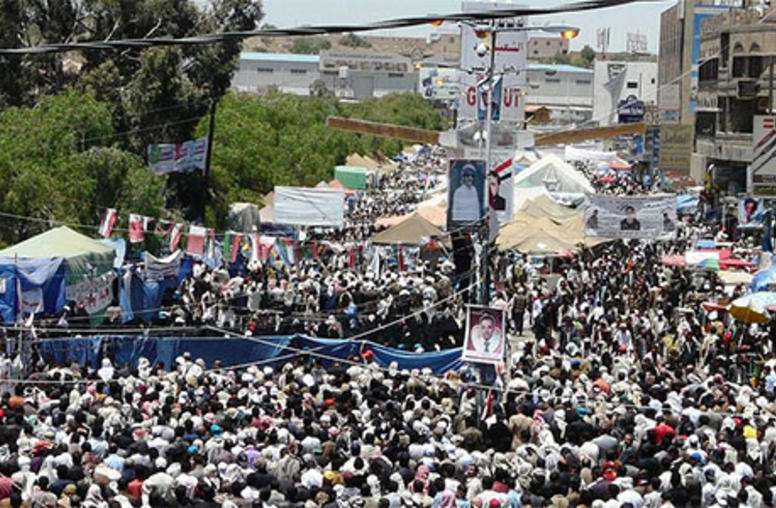
Q&A: Yemen on the Edge of Fracture?
Yemen’s path since the 2011 Arab Spring uprising has long seemed shaky, but this week’s events have created the most serious crisis facing the country in decades. With the government’s resignation, many observers fear the complete fragmentation and breakup of the state. Erica Gaston, a former senior program officer at the U.S. Institute of Peace, explains the ramifications.
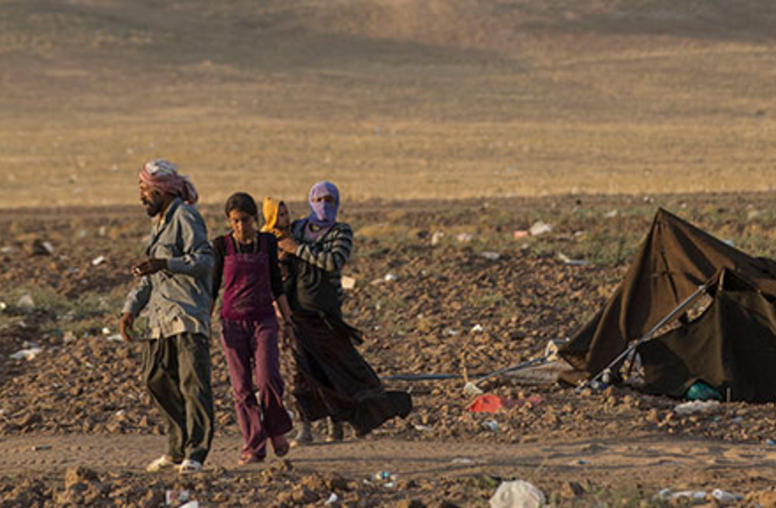
'Islamic State' Attacks Fuel Anger, Cloud Talk of Reconciliation in Iraq
The devastation wrought by the past year’s renewed conflict in Iraq -- and equally by the long slog to dislodge the Islamic State -- can be captured in the frame of a teenage boy. The new fighting atop a decade of war after the 2003 U.S. invasion brings not only further physical damage, but a dangerous breakdown of the social fabric.
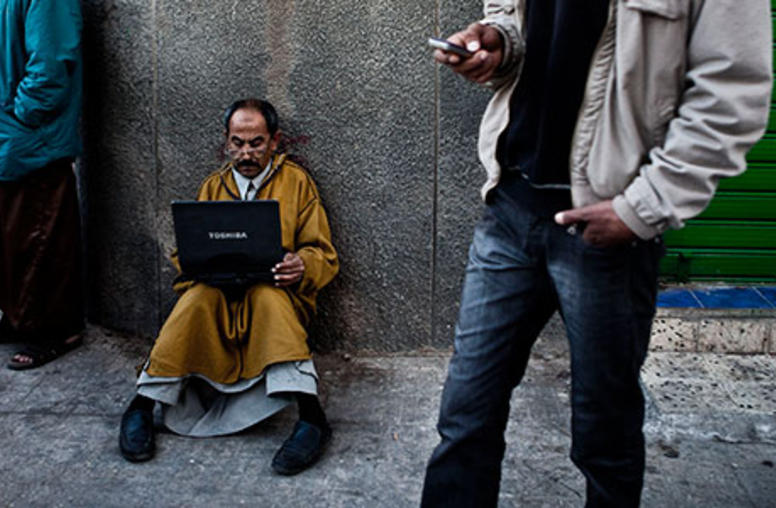
Peace, Inc.
To make their mark, the architects of peacebuilding's bleeding edge need to leave the government payroll and start their own industry.
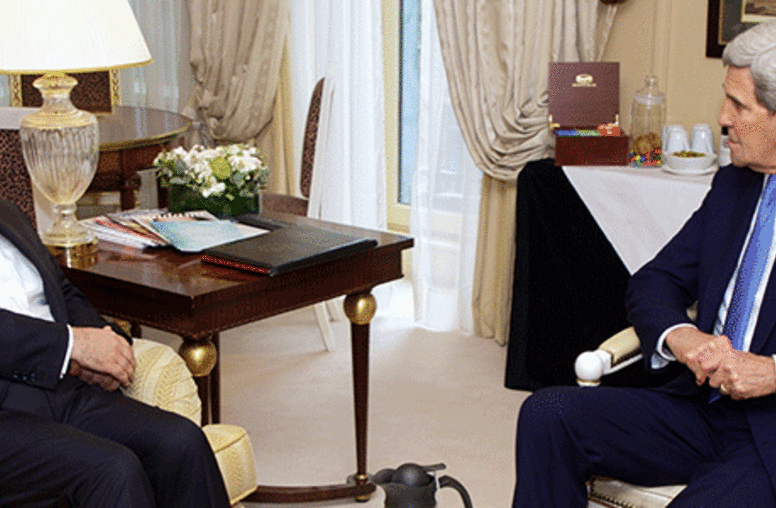
Q&A: Iran Nuclear Talks
Talks between Iran and six major powers—the U.S., the U.K., China, France, Germany and Russia—seek a framework agreement by March 24 with technical details by June. But leaders on all sides face intense—and sometimes harrowing—domestic pressure from opponents who fear a final agreement will give away too much. Robin Wright, an author and distinguished fellow at the U.S. Institute of Peace, explores the dynamics of the diplomacy.
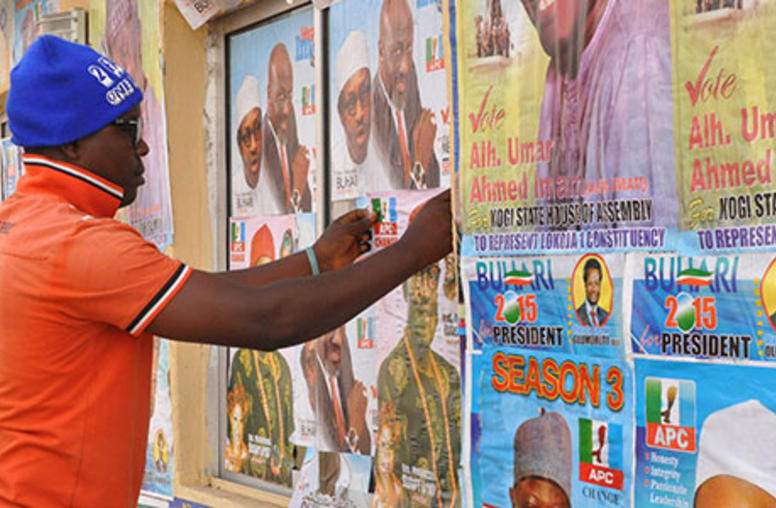
Staving Off Nigeria’s Next Train Wreck
Africa’s biggest democracy is pushing ahead with its next election. Here's why that would be a mistake.
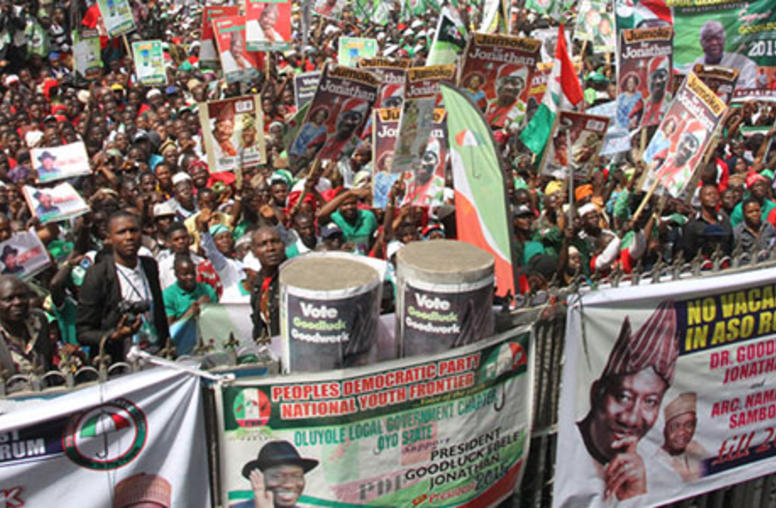
Democratic But Deadly
Will violence rock Nigeria's Feb. 14 national election? Perhaps--but there was a way to prevent it.
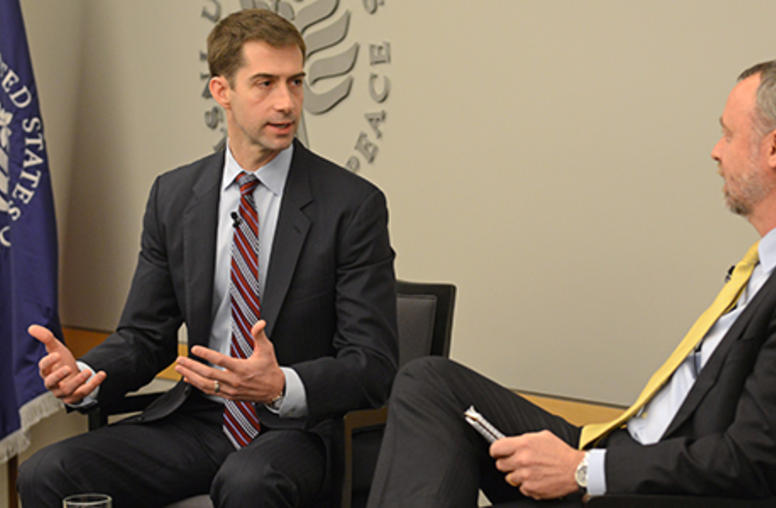
Iraq Crisis Builds Bipartisan Support for Keeping U.S. Troops in Afghanistan, Senator Cotton Says
The revival by ISIS of a brutal Islamist offensive in Iraq makes it urgent to prevent a similar reversal in the Afghan war—and is increasing congressional support for President Obama to maintain U.S. troops in Afghanistan, Senator Tom Cotton (R-Arkansas) said today.
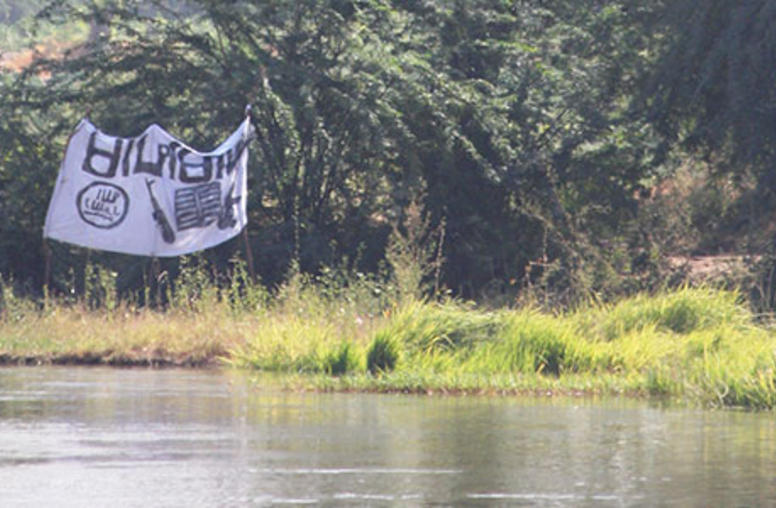
Q&A: Amid Boko Haram’s War and Postponed Vote, What Prospects for Nigeria’s Election?
Nigeria, Africa’s most populous country, begins 2015 at the brink of both a historically important election and a breakdown of state authority that is simultaneously cause and effect of the Islamist Boko Haram rebellion. Nigeria’s ability to govern itself effectively will be critical in determining whether Boko Haram can be contained or continues to grow into a trans-national threat like that of the Islamic State of Iraq and Syria (ISIS) in the Middle East.
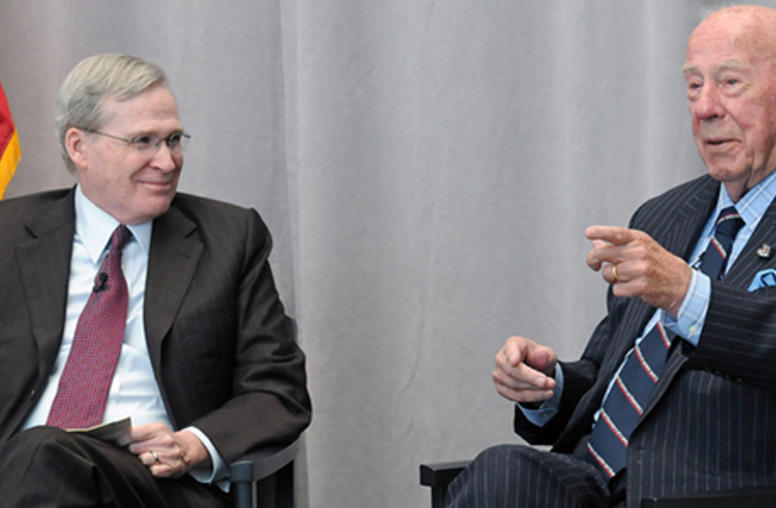
China Has Peaked as a Challenger to U.S. Power, Former Secretary of State Shultz Says
While China continues to grow as an economy and a military and political power, its overall influence relative to the United States has passed its peak, former Secretary of State George Shultz said at the U.S. Institute of Peace January 30. As China’s population ages, fewer working-age people must support a larger aged and dependent populace. “I think China, in relation to the U.S., has already reached its peak,” Shultz said in offering the Institute’s annual Dean Acheson Lecture.